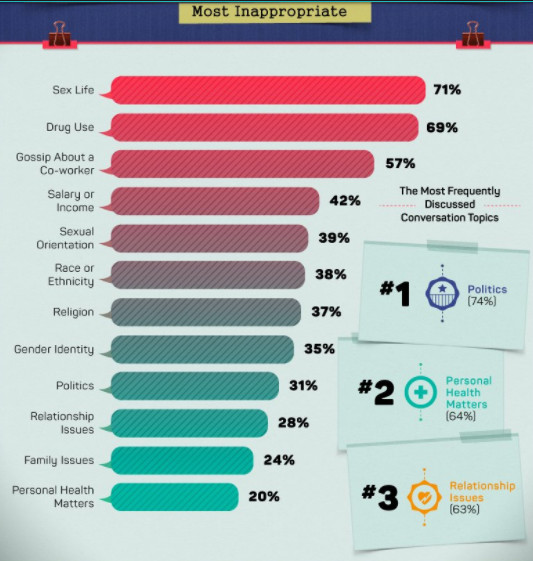
- Whatever Happened to Generation X?
That’s partially why, collectively, no one’s ever thought much of us. The boomers have for the most part ignored us, treating us like hapless little kids. And when the millennials came along — a group just as large and self-obsessed and overly dramatic as their parents — we became the forgotten middle children. We weren’t the “me” or the “me, me, me” generation. We were more like the “meh” generation, stuck between two cohorts who never stop talking. Lately, our sense of invisibility has felt particularly acute in Philly, a town still run by people in their 50s and 60s — but being remade to suit the tastes of people in their 20s.
http://www.phillymag.com/news/2018/01/27/generation-x-philadelphia/
- Comcast may force us to rethink the definition of “cord-cutting”
For the fourth quarter, Comcast said it lost 33,000 traditional pay-TV subscribers while gaining an impressive 350,000 high-speed internet customers. All told, the company ended the quarter with a net increase of 243,000 new customers. For the full year, that number was up by 777,000 customers.
Comcast further boasted that it has signed up more than 1 million high-speed internet customers for 12 consecutive years. In other words, a lot of cord-cutters still need that cable cord–even if they’d rather watch Netflix than channel surf through an old-fashion cable TV lineup.
https://www.fastcompany.com/40521015/comcast-may-force-us-to-rethink-the-definition-of-cord-cutting
- The hidden role informal caregivers play in health care
- HR has lost the trust of employees. Here is who has it now
A superior has made a pass at a subordinate, and an executive of the company asks that the subordinate be fired to “clean up” the situation. An employee repeatedly makes homophobic, racist, or sexist remarks to their colleagues, but the company has deemed the individual critical to the functioning of the sales team, and so is merely given a warning. Company morale is suffering and complaints are showing up on online sites like Glassdoor, so HR is charged with “fixing” the company’s rating. A well-performing employee is repeatedly given poor performance reviews to make their firing tidy.
All of these examples are hypothetical, but they are archetypes for the near daily news of HR abuses that are now been regularly published around the world.
Independent Apps are becoming a solution:
Clearly, people want to talk about the problems at their workplace. But venting to anonymous colleagues is about the least effective approach to ameliorating the underlying conditions making workers unhappy in the workforce. That’s why other apps are exploring how to handle difficult conversations at the workplace in a better light, often with the blessing of HR departments themselves.
Bravely is one such app. The company, based in New York, was founded by Toby Hervey, Sarah Sheehan, and Rasesh Patel as a platform to facilitate the kinds of hard conversations that need to happen for a workplace to thrive. Their concept is to connect workers who might be struggling bringing up a matter at work with expert “Pros” who are trained executive and life coaches who can help a worker think through their options and how best to raise their voice at a company.
- Conversation Topics That Should and Shouldn’t Be Discussed in the Office
Despite the strict views that some people and industries have about what’s appropriate office conversation, talk is talk and people are going to do it either way. So what’s the hottest topic of conversation? Politics. Seventy-four percent of people agree that politics is the most common subject, and that’s likely due to the rocky 2016 election and the current state of American politics right now.
https://www.entrepreneur.com/article/308815

Source: InsuranceQuotes (click the link to see the whole infographic)
Photo: Jose Antonio Gallego Vázquez





